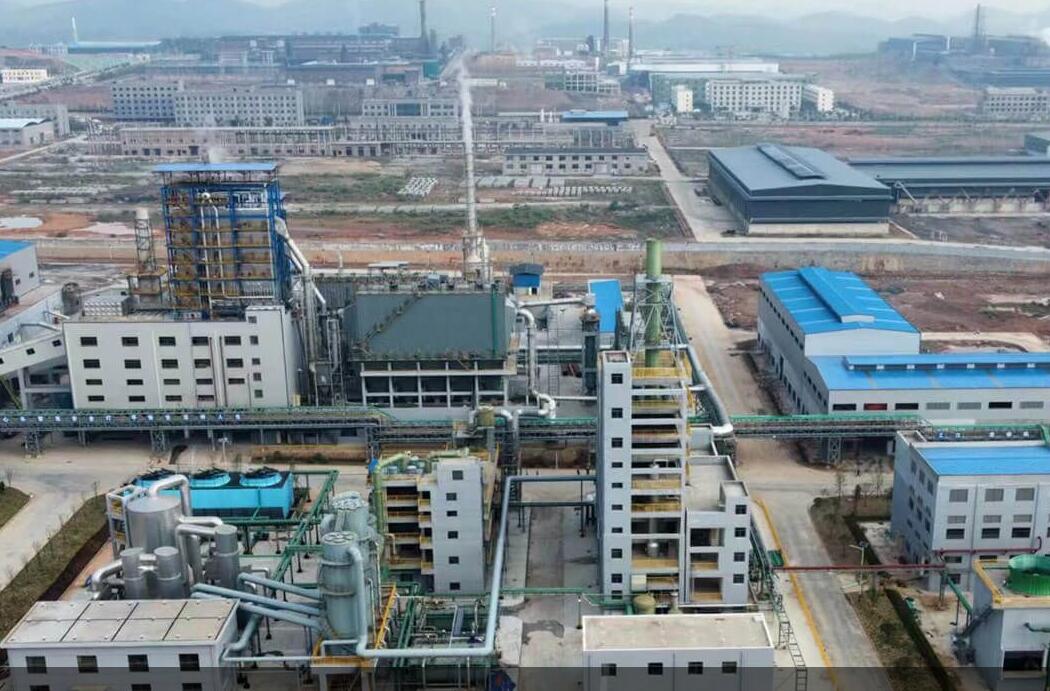Jul. 04, 2024
In recent years, lead processing plants have undergone significant advancements, transforming the way lead is produced and utilized. These plants are now at the forefront of innovation, efficiency, and environmental responsibility, reshaping the lead industry in profound ways. Here, we explore the key factors driving this change and the impact it has on the industry.
Technological Advancements
Modern lead processing plants are equipped with state-of-the-art technology that enhances productivity and efficiency. Automated systems and advanced machinery streamline the lead extraction and purification processes, reducing manual labor and minimizing errors. These technological advancements ensure a higher yield of lead from raw materials, maximizing resource utilization.
For instance, the use of hydrometallurgical processes allows for more precise control over the extraction of lead from ores, resulting in purer lead products. This technology not only improves the quality of the lead produced but also reduces the environmental footprint of the extraction process by minimizing waste and emissions.
Environmental Responsibility
One of the most significant changes in lead processing plants is the emphasis on environmental sustainability. Traditionally, lead processing has been associated with high levels of pollution and hazardous waste. However, modern plants have adopted eco-friendly practices and technologies to mitigate these issues.

Lead processing plants now employ advanced filtration systems to capture harmful emissions and prevent them from being released into the atmosphere. Additionally, many plants have implemented closed-loop water systems to recycle water used in the processing stages, reducing water consumption and minimizing the impact on local water resources.
Moreover, the adoption of cleaner energy sources, such as solar and wind power, has further reduced the carbon footprint of lead processing plants. These efforts not only protect the environment but also enhance the reputation of the lead industry as a responsible and sustainable sector.
Enhanced Safety Measures
Safety is a top priority in modern lead recycling plants. The use of advanced safety equipment and protocols ensures that workers are protected from the hazardous materials involved in lead processing. Automated systems reduce the need for direct human contact with dangerous substances, lowering the risk of accidents and exposure.
In addition to physical safety measures, many plants have invested in comprehensive training programs to educate workers on best practices and emergency procedures. This proactive approach to safety fosters a culture of awareness and preparedness, further safeguarding employees and the surrounding community.
Economic Benefits
The innovations in lead processing plants have also brought significant economic benefits to the industry. Increased efficiency and productivity result in cost savings, which can be passed on to consumers or reinvested into further research and development. The production of higher-quality lead products enhances the competitiveness of lead manufacturers in the global market.
Furthermore, the environmental and safety improvements reduce the risk of regulatory fines and legal liabilities, providing financial stability and encouraging investment in the industry. As a result, lead processing plants are not only more profitable but also more sustainable in the long term.
Industry-Wide Impact
The transformation of lead processing plants has far-reaching implications for the entire lead industry. By setting new standards for efficiency, sustainability, and safety, these plants are driving industry-wide change. Manufacturers who adopt these advanced practices are better positioned to meet the growing demand for lead in various applications, from batteries to construction materials.
Moreover, the positive environmental impact of modern lead recycling processing plants helps to improve the public perception of the lead industry. As consumers and stakeholders increasingly prioritize sustainability, the industry's commitment to responsible practices enhances its credibility and fosters trust.
Conclusion
Lead processing plants are revolutionizing the lead industry through technological advancements, environmental responsibility, enhanced safety measures, and economic benefits. These changes not only improve the efficiency and sustainability of lead production but also set new standards for the entire industry. As the lead industry continues to evolve, the innovations in lead processing plants will play a crucial role in shaping a more sustainable and prosperous future.
If you are interested in sending in a Guest Blogger Submission,welcome to write for us!
All Comments ( 0 )